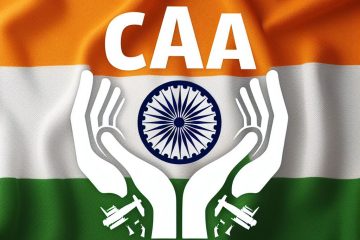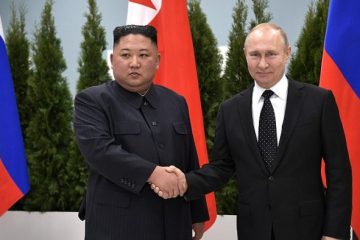
Vladimir Putin’s recent declarations have sparked widespread concern and debate regarding Russia’s stance on nuclear weapons and its position in global relations. These developments have significant implications for international peace and security, particularly in the context of the ongoing Russia-Ukraine conflict.
One of the most striking aspects of Putin’s recent statements is his unambiguous assertion of Russia’s technical preparedness for nuclear war. He has emphasized the superiority of Russia’s nuclear arsenal over that of the United States, sending a strong message to the West amidst escalating tensions around the Ukraine conflict. This bold rhetoric raises concerns about Russia’s willingness to use its nuclear capabilities as a deterrent in escalating conflicts, heightening anxieties about the potential for a nuclear confrontation.
In addition to his stance on nuclear capabilities, Putin has articulated his views on global geopolitics and relations with the West. He has drawn a distinction between two “Wests,” aligning one with traditional Christian values and characterizing the other as aggressive and neoliberal in its agenda. This dichotomy underscores Russia’s aim to align itself with conservative elements abroad, potentially as a strategy to challenge Western political cohesion.
Furthermore, Putin’s actions and remarks have projected Russia as a besieged fort, defending itself against NATO expansion and the spread of Western liberal democracy. Despite denying preparations for the use of nuclear weapons in Ukraine, the mixed signals and past unreliability of Kremlin assurances keep the international community on high alert.
These developments have significant implications for global peace and security dynamics. The international community remains watchful of Russia’s moves, recognizing the potential impacts on international relations and the broader geopolitical landscape.
In conclusion, Putin’s recent pronouncements and actions continue to shape the narrative of Russia’s global stance, particularly in the context of the Ukraine conflict and nuclear diplomacy. The heightened tensions and rhetoric surrounding nuclear capabilities underscore the urgent need for diplomatic efforts to de-escalate the situation and prevent the risk of a catastrophic conflict with far-reaching consequences for global stability. As the world closely monitors these developments, it is essential for diplomatic channels to remain open and for all parties to prioritize dialogue and peaceful resolution in addressing the complex challenges at hand.




0 Comments